LTER Photo Contest Winners
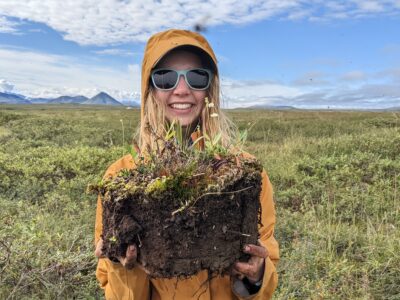
See the winners of the 2022 LTER Photo Contest!

See the winners of the 2022 LTER Photo Contest!
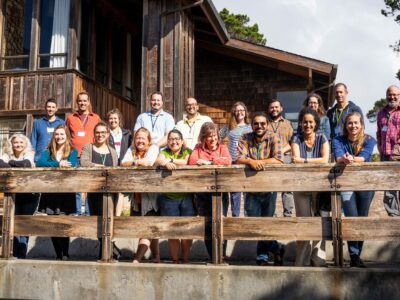
The LTER DEIJ committee would like to invite anyone from across the LTER Network who has a shared interest to join our Working Groups.
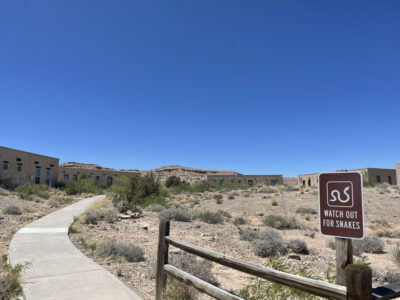
New cross-site working group explores untapped evolutionary research potential at LTER sites.
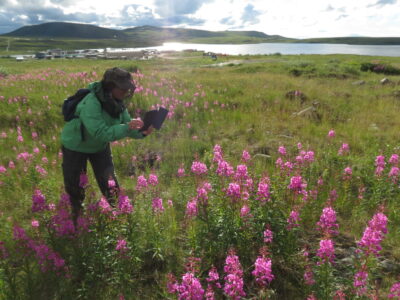
The Arctic tundra ecosystem has naturally low biodiversity and is experiencing changes due to the influences of climate change. Over the past 30+ years, researchers at the Arctic LTER site have developed a suite of experiments to study the effects of expected climate changes on the ecosystem as well as conducting continued monitoring of ecosystem… Read more »
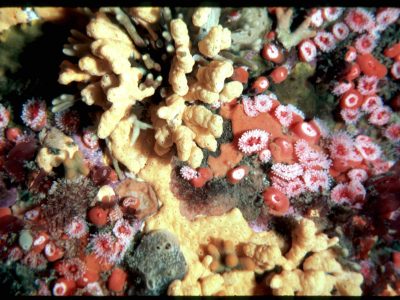
RET projects at the Santa Barbara Coastal LTER site will focus on marine heatwaves, a research focus that connects to the impact of climate change on important ecosystems. Marine heatwaves (MHWs) – defined as prolonged periods of unusually high seawater temperatures – have emerged as disruptive forces in the kelp forest, threatening marine biodiversity and… Read more »
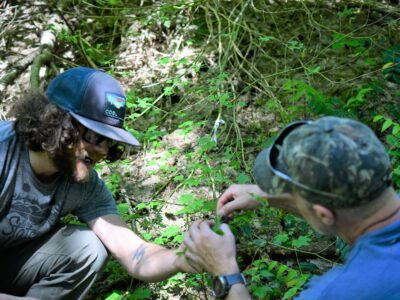
Pacific Northwest forests contain some of the largest reserves of forests on the planet, but many questions remain unanswered about how drought and heat stress from climate change will change forest dynamics and biodiversity. RETs on this project will track understory plant populations and quantify interactions among the many important and diverse plant species in these understory ecosystems.
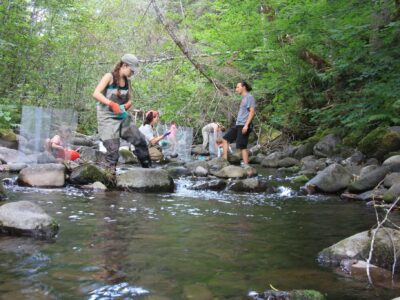
Many species that rely upon mountain streams may experience stress from reduced summer habitat, increased water temperature, and increased vulnerability to predators. Which species respond and how they respond to climate change and stream drying is an important question. RETs conducting research on biodiversity and riverscapes will work alongside Dr. Ivan Arismendi from Oregon State… Read more »
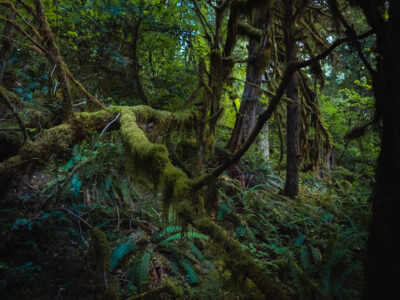
The Andrews Forest has produced cutting-edge research for decades. Moving forward, they look to the treetops to understand the forest.
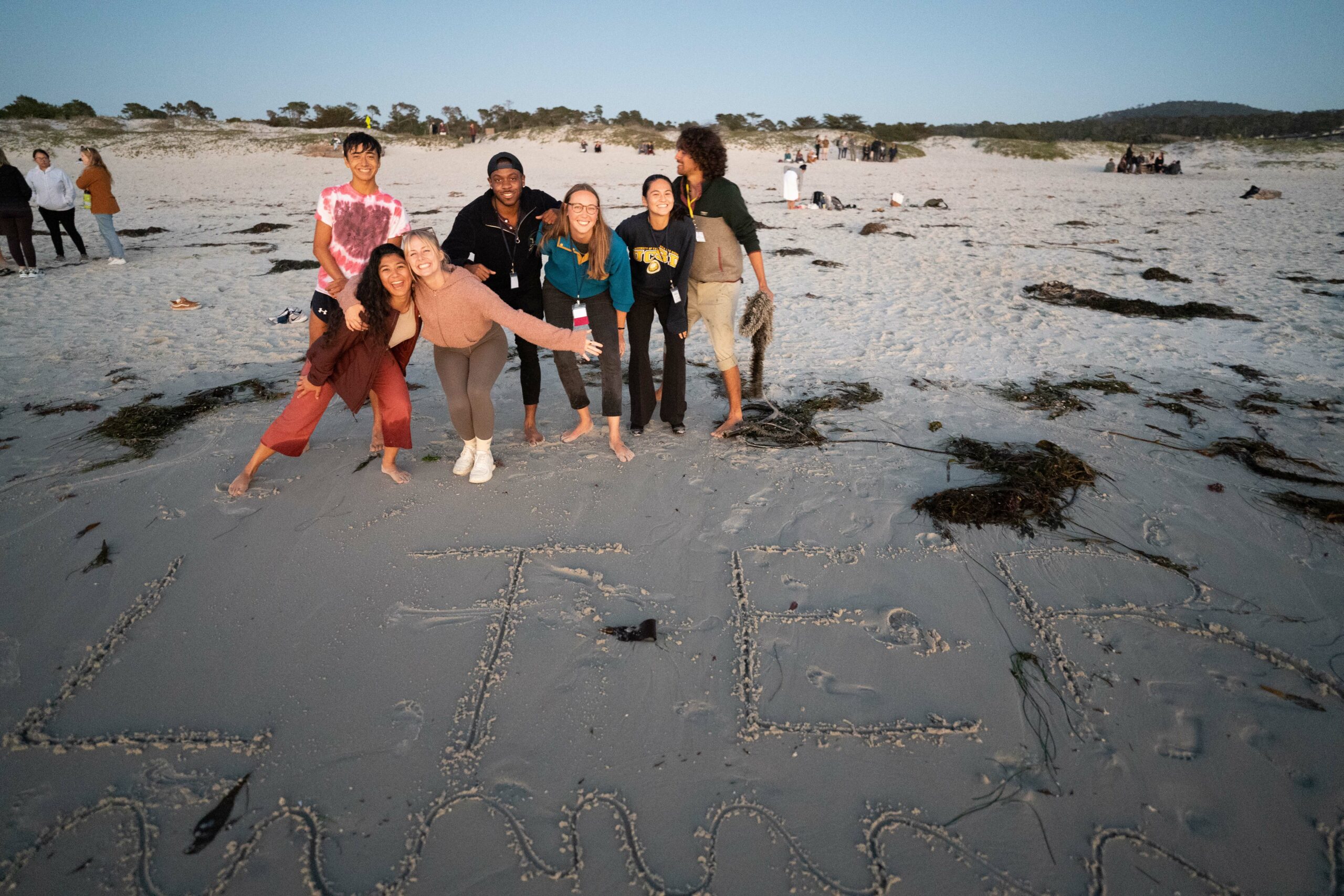
Application for LTER Graduate Writing Fellows 2023.

Urban pond habitats and specific management practices promote amphibian diversity and abundance in Madison, Wisconsin